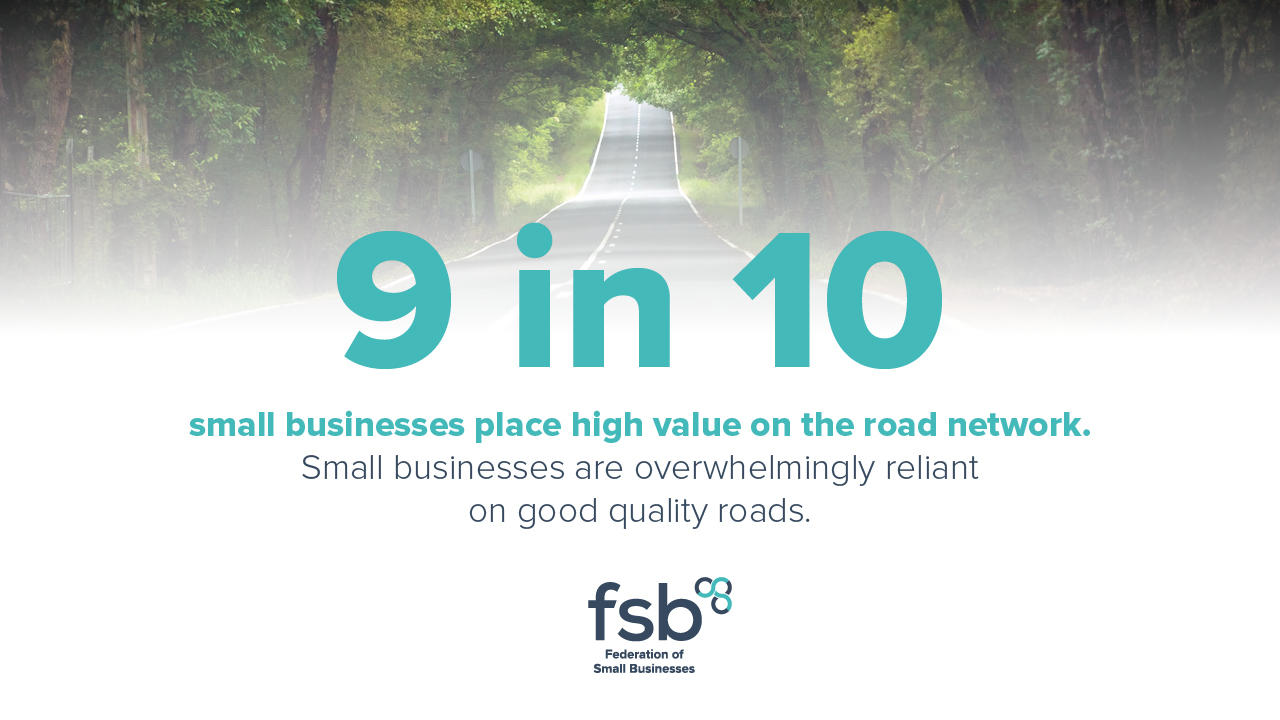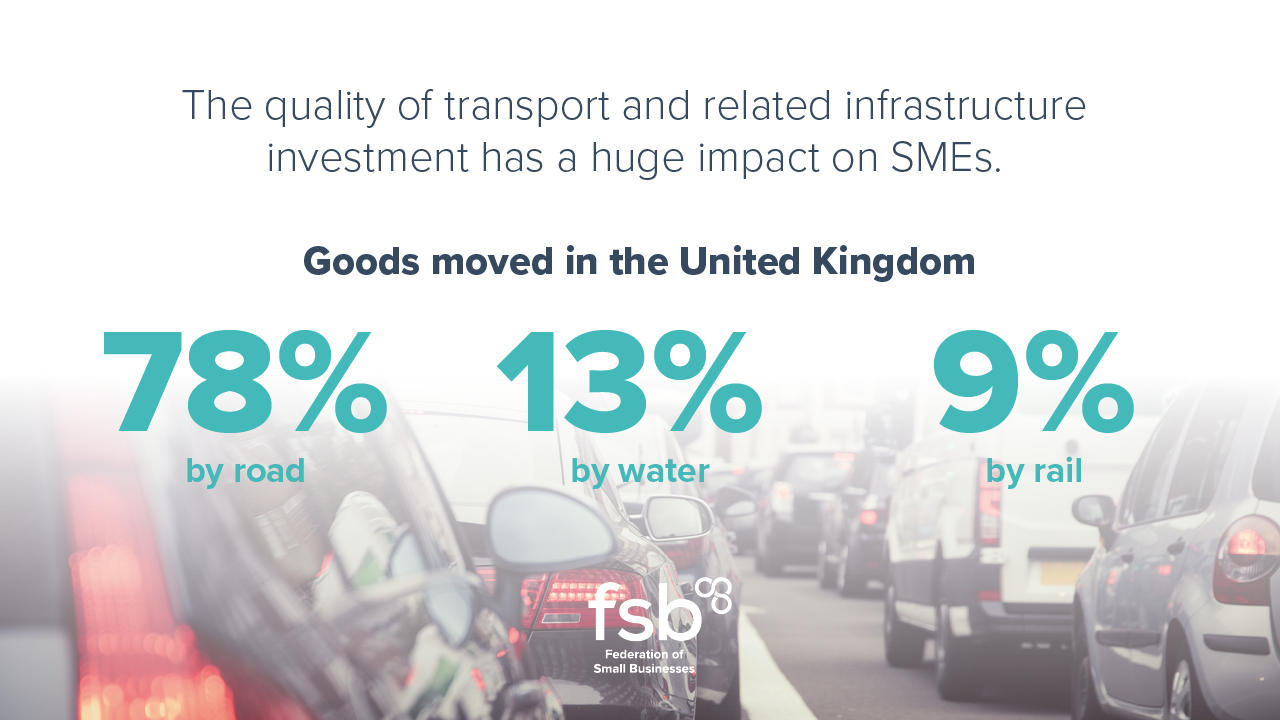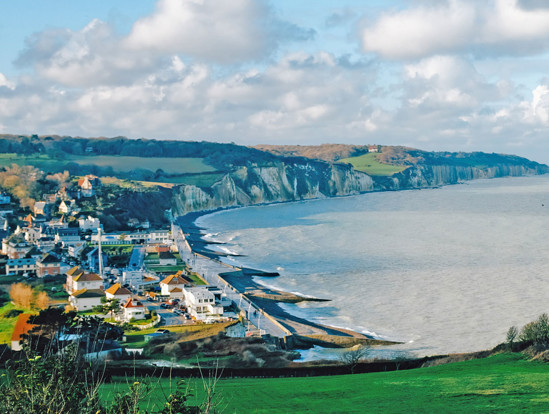Introduction
Roads have long captured the imagination.
The image of the road has retained its romantic 1950s teen America appeal – the wide-open road as an image of freedom and possibility. Being ‘on the road’ was a key part of Beatnik mythology, and from its birth rock n’ roll songs in praise of the road were ten-a-penny, with Route 66 still retaining a potent romanticism, connecting rock, and East and West USA. Throughout history roads have been linked to connectivity, prosperity, cultural exchange, and trade – the image of the ‘Silk Road’ connecting the West and East driving the fortunes of entire nations, regions and continents, bringing goods, and through trade, jobs and exchange, social good as well.
In this view, roads are symbols of openness, of outward facing connections and trade, and via the strong association with the car, of individual freedom as the twentieth century went on.
Alongside the evolution of cars as ‘King of the Road’, another view of the road developed- as the source of problems – the image of gridlocked freeways and motorways, of road rage, of danger and poor health provoke a strong response. This is again exacerbated by the private car and the combustible engine being a huge source of CO2 emissions, and a primary area for intervention required in order to address the global climate change emergency. There is strong evidence that the image of the car associated with the rise of the teenager in the 1950s is no longer as salient with younger generations as previously. A generational change is in place.1
In this picture, roads are linked to danger, nuisance, gridlock, and ultimately climate catastrophe.
There are plenty of examples in Wales where we can easily find this polarised view.
The rhetoric around the long-running debate regarding the M4 relief road exemplified this – On the one hand the lack of a relief road was portrayed as ‘foot on the windpipe of the Welsh economy’2, and ‘the constant disruption and delay along the main motorway route across South and West Wales caused by the Brynglas tunnel bottleneck around Newport significantly damages the Welsh economy.’3
On the other hand, the M4 proposals were seen by some as a “direct attack on nature [that would] rupture… Wales’s own Amazon rainforest’.4
The Welsh Government’s thrust of policy the interventions are focused on flipping the hierarchy away from an implicit view of the private car as the norm, towards active travel and public transport. As the Senedd’s independent Research Services briefing puts it:
“The direction of travel for Welsh Government transport policy is clear. The Wales Transport Strategy introduced a sustainable transport hierarchy prioritising active travel and public transport over private motor vehicles. The First Minister cancelled the much debated M4 relief road project, with alternative solutions centred on public transport being taken forward instead.”5
Modal shift – encouraging a shift from private cars to other modes of transport – is a desirable goal when there is a plausible alternative. Likewise, reducing congestion and emissions is necessary in a climate change emergency, and economical in the long run as less congestion helps business mobility. But, it is not a strategy that can cover all roads, and our contention is that this lens by itself misses out on too much for effective system wide policy.
In balancing all the imperatives of changing habit and use, we must also acknowledge that roads play an important role in promoting economic development, growth and opportunity. Reliable, well-maintained road infrastructure across the whole of Wales is a key concern to smaller businesses.
This report seeks to complement the strategies and expand their horizon – providing a wider lens through which to work through policy. Welsh Government has been effective at communicating what it wants to stop and what is undesirable, but less effective at conveying the opportunities for transport development (including for roads). It has been established why roads are bad – not what they are good for and how we can use them positively in the future. It is our assertion that in order to generate a more proactive approach to economic development, that more positive narrative of ‘enabling’ needs to be more evident in Welsh Government’s approach.
This paper therefore seeks to outline positive strategy for roads within a sustainable development framework. A strategy that accounts for particular economic activities that roads promote, and which we can continue to place value on in a way that facilitates trade, investment, and business travel, understanding in a more nuanced way the material activity we wish to incentivise and disincentivise to promote sustainability.
The aim is therefore not merely to switch ‘modes’ of transport, but account value for what ‘activity’ modes of transport are used for and how we can assign added value to economic activity (as well as costs to other behaviours) within this transport infrastructure.
It is also to attempt to provide greater clarity and better processes for decision-making around infrastructure in future. The saga around the M4 and the policy reversals and controversy surrounding the recent Roads Review are not unique to Wales. These are problems inherent in decisions that are fraught, long term, and complex and can serve to dent economic confidence. We can learn from institutions built elsewhere on how to ensure better processes based on confidence and trust in independent bodies charged with getting better outcomes.
Following a list of recommendations and overview of policy drivers, the report is split in three parts. Chapter 1 looks at ‘Where are we now?’, at the different frameworks and analyses we have in place at present for future transport in Wales.
Chapter 2 asks ‘Where would we like to go?’, analysing how we ensure SMEs and the economy are harnessed to maximise opportunities, and how roads strategy can help us in that endeavour.
Chapter 3 asks the ‘How do we get there?’ question and looks to the processes by which we arrive at building infrastructure such as roads, why these processes are unstable and prone to failure, and how we can address this by looking at independent bodies that aligns with Welsh Government’s regional delivery and to UK’s ambitions for Levelling Up.
Some key statistics
Policy Drivers
Decarbonisation
The UK and Welsh Governments have declared that we are in a climate emergency. As part of this, transport has been identified as an area where change is necessary to mitigate against adverse environmental consequences. A new Sustainable Transport Hierarchy will look to change the modes of transport we prioritise.
Our research has consistently demonstrated SME recognition of their responsibility to play their part on our journey to decarbonise and achieve our Net Zero ambitions. However, many small businesses lack the resources or expertise to understand how they can make a difference.
While attention on active travel and investment in public transport will assist in easing congestion on roads, greater consideration around unavoidable commercial use of vehicles and support for transition to electric vehicles (EV) is required to ensure that small businesses aren’t penalised by this transition.
Economic outlook
In an economic storm, it is vital that economic recovery is a primary focus. Creating a sense of a shared mission, providing clarity on practical long-term goals, measures, values, and visions will be critical to steering towards sustainability, and supporting SMEs in that transition.
Constrained public finances require future policy to access, realistically and positively, how SMEs can benefit from the opportunities of the electric vehicle (EV) revolution while minimising the impact of costs. Infrastructure spending and support will be integral but the process by which we come to decide on best value projects needs looking at again. A trusted, independent system of decision making in this space can sit outside the day-to-day politicking and provide for better outcomes.
Technology and Innovation
Technology will continue to disrupt how we look at transport modes, networks, ease of access, and the funding of new infrastructure. The switch to EVs and other greener vehicle types means that there is a ticking clock for addressing what replaces fuel duty. We must ensure we use any new opportunities to incentivise sustainable economic activity and that regulations for business under any new system are proportionate.
The Rural Context
The opportunities and challenges for businesses in rural areas, must be addressed at the outset rather than an afterthought. Discussions around issues such as road pricing, congestion charges, and LEZs have so far been urban and city centric.
Economic development and rurality must be a central focus of future transport policy and it must be ambitious for rural economic development. This should play in role in levelling up deprived communities, especially those historically underserved by the transport system. Governance structures and processes are also required to ensure that discussions that have been urban-centric thus far mainstream rural proofing throughout all policymaking processes.






